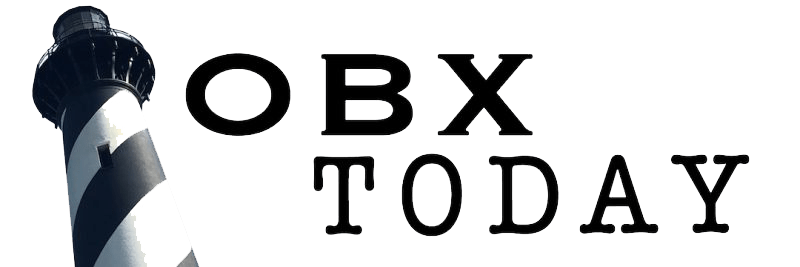
The North Carolina Aquariums will receive funding over the next three years to build capacity to sustainably breed saltwater fish species and to raise awareness of aquaculture through public engagement. The funding is part of a $750,000 grant awarded to a group of seven facilities by the National Oceanic and Atmospheric Administration (NOAA).
With this support, the Aquariums at Fort Fisher, Pine Knoll Shores, and on Roanoke Island will increase staffing on their animal care teams and expand breeding programs. In partnership with North Carolina Sea Grant, the Aquariums will engage aquarium visitors and their local communities about these important initiatives.
“Our Aquarium team is committed to sustainably breeding species that are of value to public aquariums and commercial fisheries,” said Hap Fatzinger, Director of the North Carolina Aquarium at Fort Fisher. “This opportunity to put more resources into the aquaculture programs at the North Carolina Aquariums, especially in raising public awareness, is important to our mission to inspire appreciation and conservation of our aquatic environments.”
Aquaculture is the breeding and rearing of fish, shellfish, and other organisms. For commercially valuable species it can reduce pressure on wild populations. For public aquariums, aquaculture provides a sustainable way to provide animals for their habitats. It also presents a unique way to engage the public about sustainable seafood choices.
“The North Carolina Aquariums, in their coastal locations, have a wonderful opportunity to share this information with not only visitors, but to engage the local fishing community,” said Maylon White, North Carolina Aquarium Division Director. “This type of project allows us to contribute to a developing sustainability program that reaches beyond our walls.”
Sharing in the grant award are the New England Aquarium (NEAq), Roger Williams University (RWU), Aquarium of the Pacific, John G. Shedd Aquarium, National Aquarium, and University of Massachusetts Boston. NEAq and RWU have played a leading role in helping public aquariums enhance the sustainability of collections. These goals can be met through aquaculture and ethical wild fisheries. The partners will share reproduction methods with other institutions working on similar programs. Interactive storytelling will allow the public to learn more about the value of aquaculture.
The goal of this partnership, in collaboration with the Association of Zoos and Aquariums (AZA), is to build a network of public aquariums working together to advance aquaculture strategies. Across the institutions, 14 marine finfish species will be part of this sustainable breeding program.
